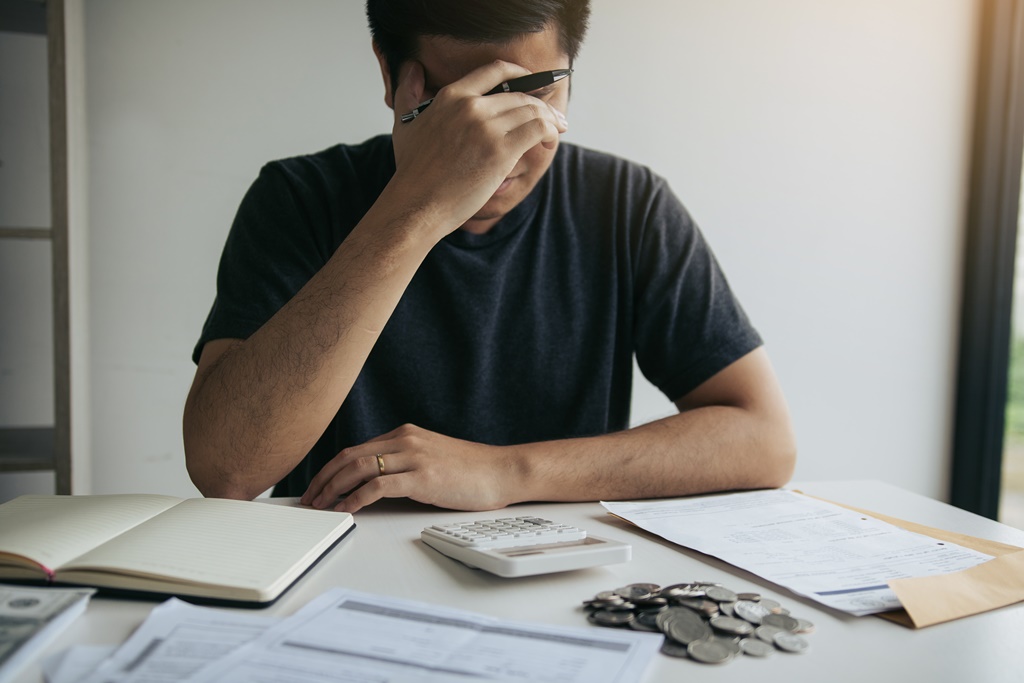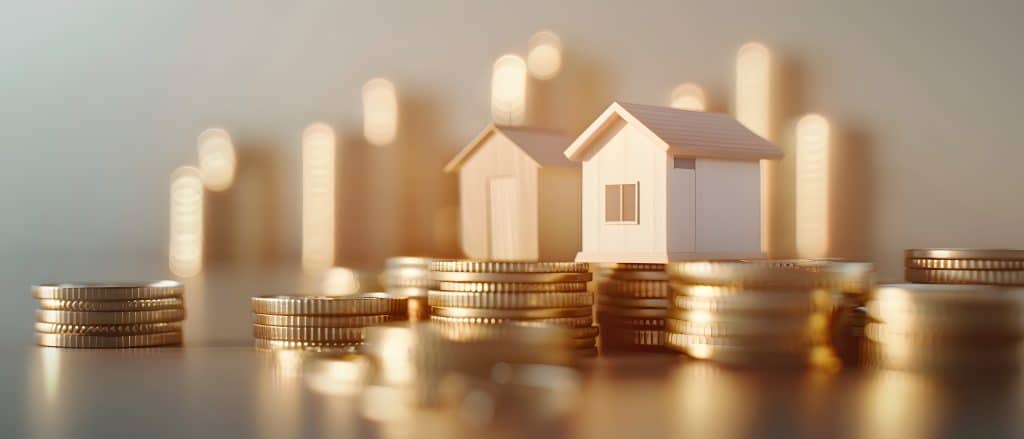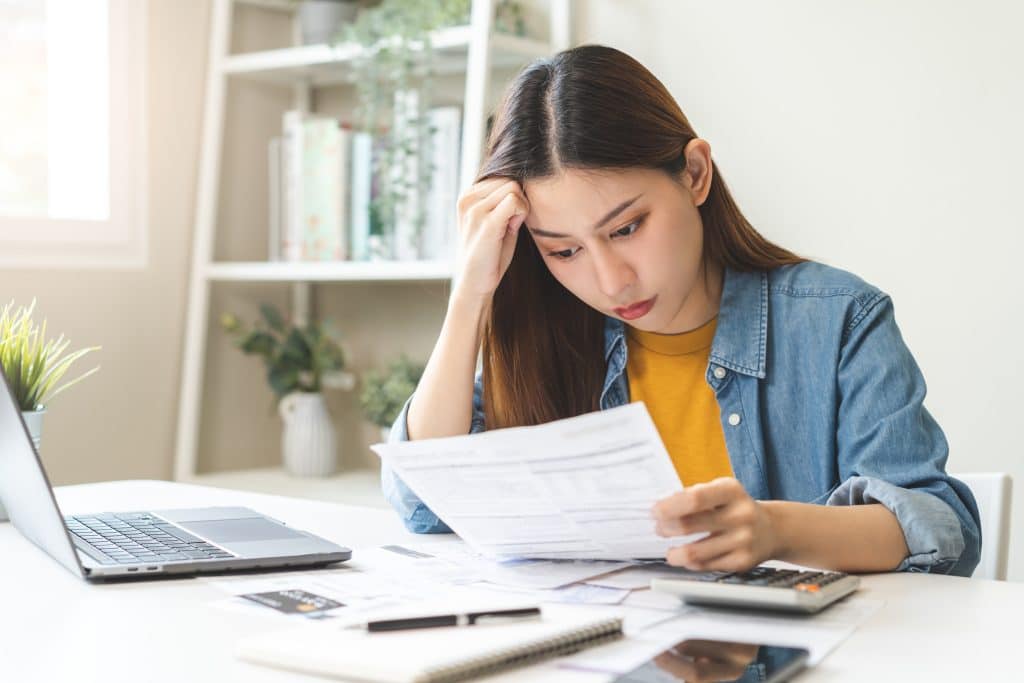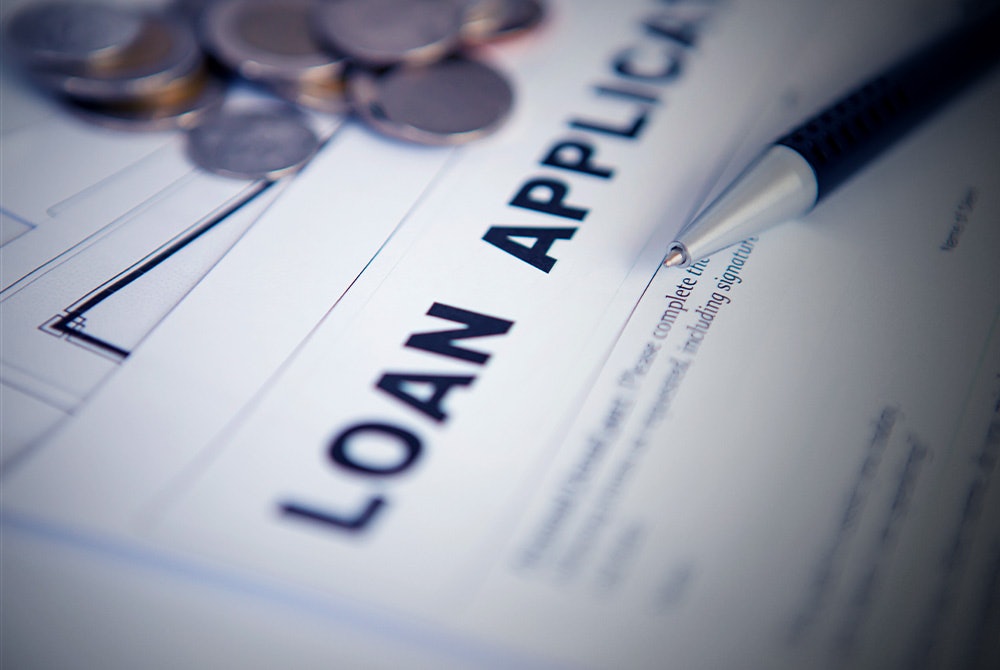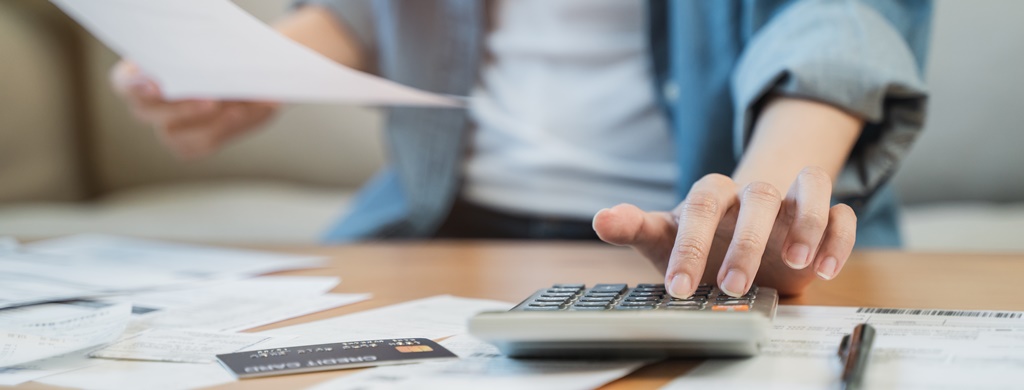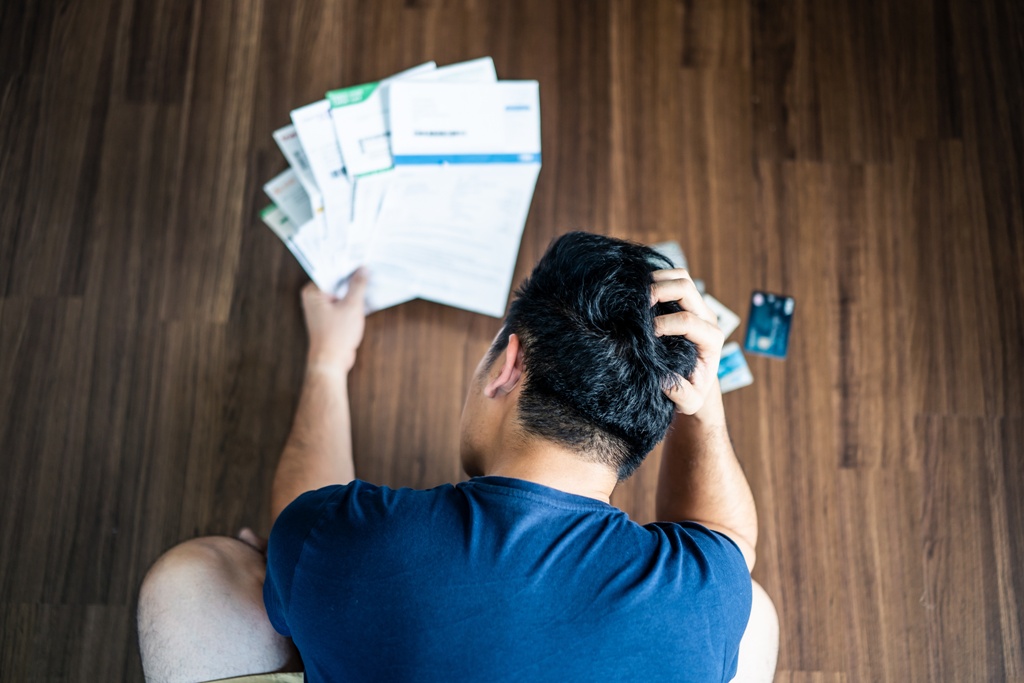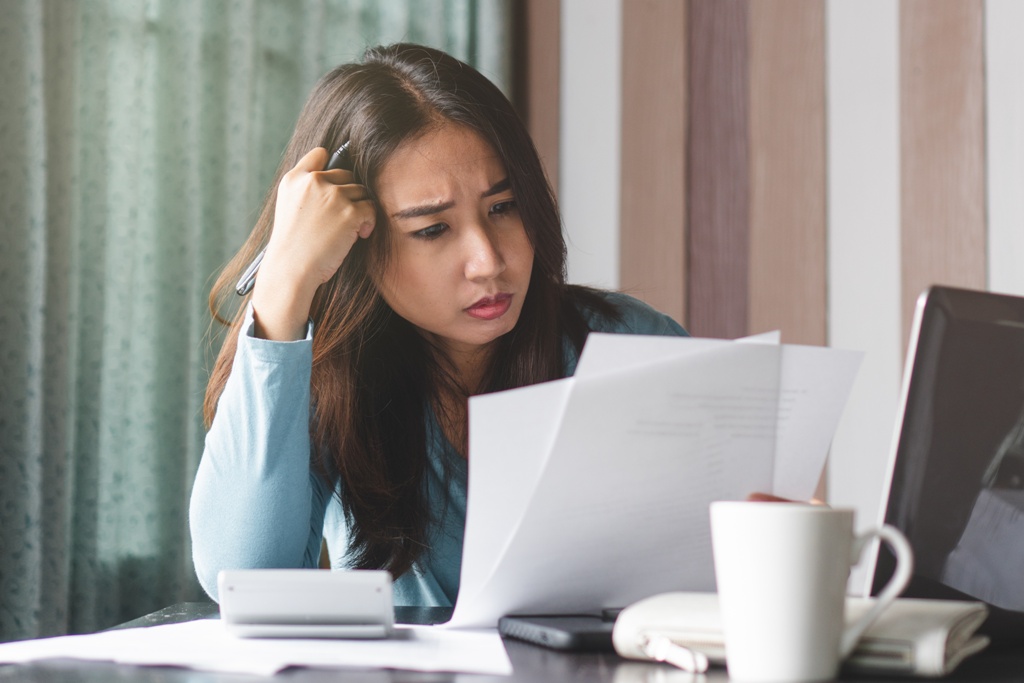Taking out personal loans is not an uncommon occurrence, and there are many reasons why people take loans. These could include financial emergencies, or big-ticket purchases like weddings or home renovations.
Personal loans are usually taken from banks or licensed money lenders in Singapore, and are repaid in monthly instalments. But, what happens if you’re unable to repay your personal loan? A 30 to 90-day period of non-payment will usually be considered by lenders as a loan default. This could lead to some very serious consequences. Read on to find out more.
Consequences of not repaying your personal loans
Here are some possible ramifications that may arise if you’re unable to repay your personal loan.
1. Late interest and fees will start accruing
Late interest on your loan will start accruing when you do not make repayment, and this will make it even harder for you to repay the total amount owed. The longer you defer repayment, the more interest will compound (think: snowballing debt).
Furthermore, lenders in Singapore charge late fees when you miss or skip payments. These additional charges add up easily, too.
2. Money and collateral may be seized
There are two types of loans – secured and unsecured loans.
A secured loan is backed by collateral, such as a property or a car, which borrowers put up for the lenders. In the event that the secured loan cannot be repaid, lenders may rightfully seize ownership of your collateral.
If your lender happens to be the bank, they may potentially use the money that you have banked with them to finance your debt. However, this depends on the terms and conditions involved, as well as the bank in question.
3. Your credit score will be negatively affected
A credit report is a record of an individual’s credit payment history, and is used by financial institutions and banks to determine your propensity to repay what you owe, hence eligibility for financial products.
Failure to repay a loan will lead to a lower credit score alongside a marred credit report. This can have far-reaching consequences. Learn how to boost your credit score here.
4. Reduced or no access to future loans and credit facilities
A low or poor credit score is a warning sign in itself. If you default on your repayments because you’re unable to repay your personal loan, you risk depriving yourself of access to crucial loans like education loans or home loans, as well as other credit facilities.
Lenders will inevitably be inclined to deem you uncreditworthy upon reviewing your credit report and seeing your low or poor credit score. Your credit score is one of the key factors lenders consider in loan and credit applications.
5. No access to further unsecured credit
Did you know banks and financial institutions in Singapore are not allowed to extend further unsecured credit to you if your personal loan or any other unsecured credit facility is 60 days past due?
When this happens because you’re unable to repay your personal loan, you stand no chance even if you’re merely looking to raise your credit card’s credit limit!
What to do if you’re unable to pay off your personal loans
Reach out to your lender
If you already know that you’ll have difficulty paying off your personal loan on time, the first step is to communicate with your lender. Most lenders will assist in loan restructuring; negotiating for a payment extension or change in repayment schedule could greatly aid you in making payments on time.
Seek help
Organizations like Credit Counseling Singapore (CCS) can also help you with your unsecured debt problems. The organization offers a Debt Management Programme, and will aid you in negotiations with the bank to get a repayment extension.
Do take note that taking on another loan to finance your existing one is a very risky option. Instead, you might want to consider the Debt Repayment Scheme (DRS).
The DRS aims to seek a win-win outcome for both the debtor and the creditor. It allows debtors with unsecured debts below $150,000 to enter a debt repayment plan under the DRS to avoid bankruptcy.
Conclusion: How to better manage loan repayments
The consequences of being unable to repay one’s personal loan highlights the importance of staying on top of loan repayments. Here are some tips on how you can manage your personal loan effectively to avoid a default:
Tip 1: Create a realistic budget plan
Before taking the loan, evaluate your financial situation and create a realistic budget plan on repaying your loan on time. This will give you an overview of how much you can spend while repaying your loans.
Tip 2: Avoid taking multiple loans at once
If you need to take a loan, make sure to only take it for an important need or financial goal, never for unnecessary expenses.
While you’re at it, avoid getting multiple unsecured loans at the same time as it can be challenging to manage multiple loan repayment schedules.
Tip 3: Pay more than your required monthly repayment sum
If you have adequate finances, consider paying more than your monthly repayment sum whenever you can. This helps to reduce the overall length of your loan repayment plan, and enables you to regain financial independence sooner.
Before you do that, check if your lender charges an early repayment penalty fee or foreclosure charge and if that’s worth paying for or not.
Not sure if a bank loan or licensed money lender loan is more suitable for your needs? Compare personal loans from banks and get complimentary loan quotes from top licensed money lenders on Personal Loan Finder now.
About the Author
Founded in 2014, Personal Loan Finder resolves to educate users on all things related to personal loans in Singapore. Everyone deserves the right to make informed decisions, especially where money is concerned.

